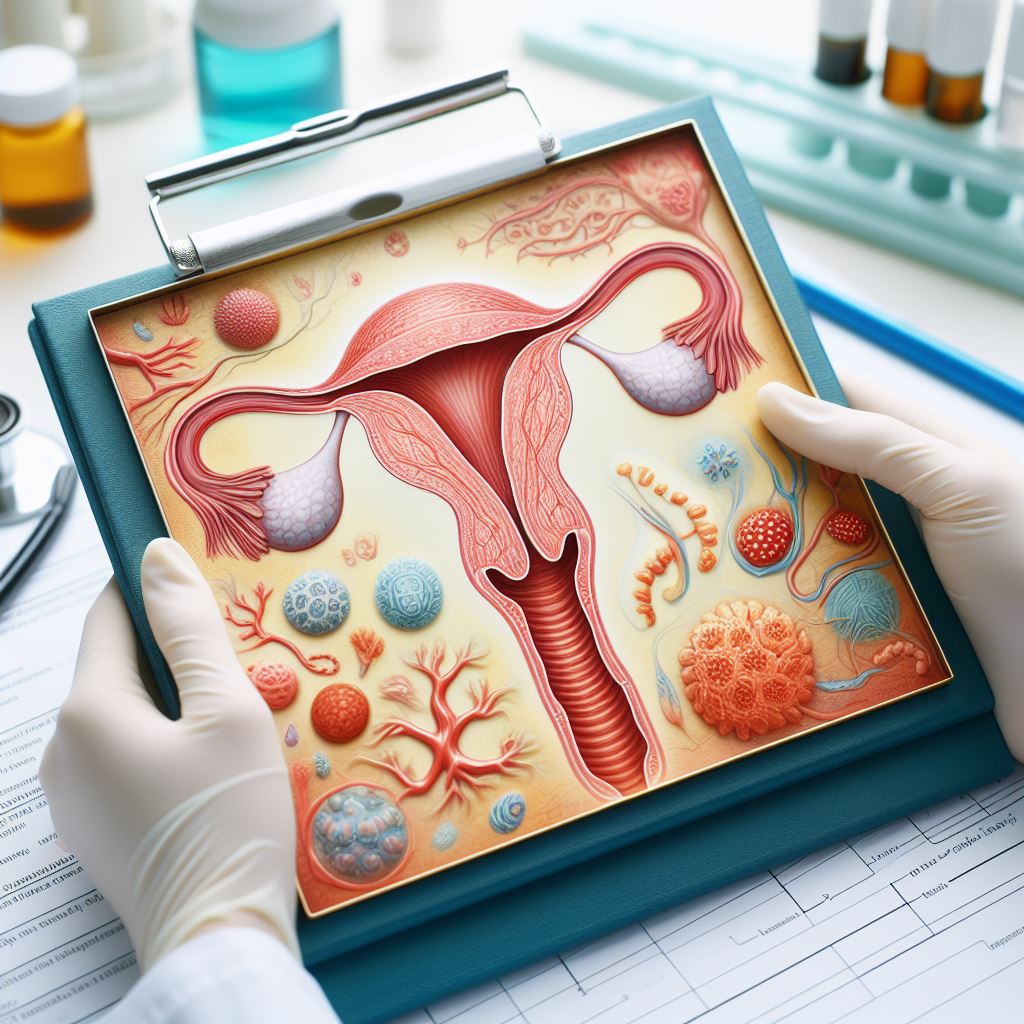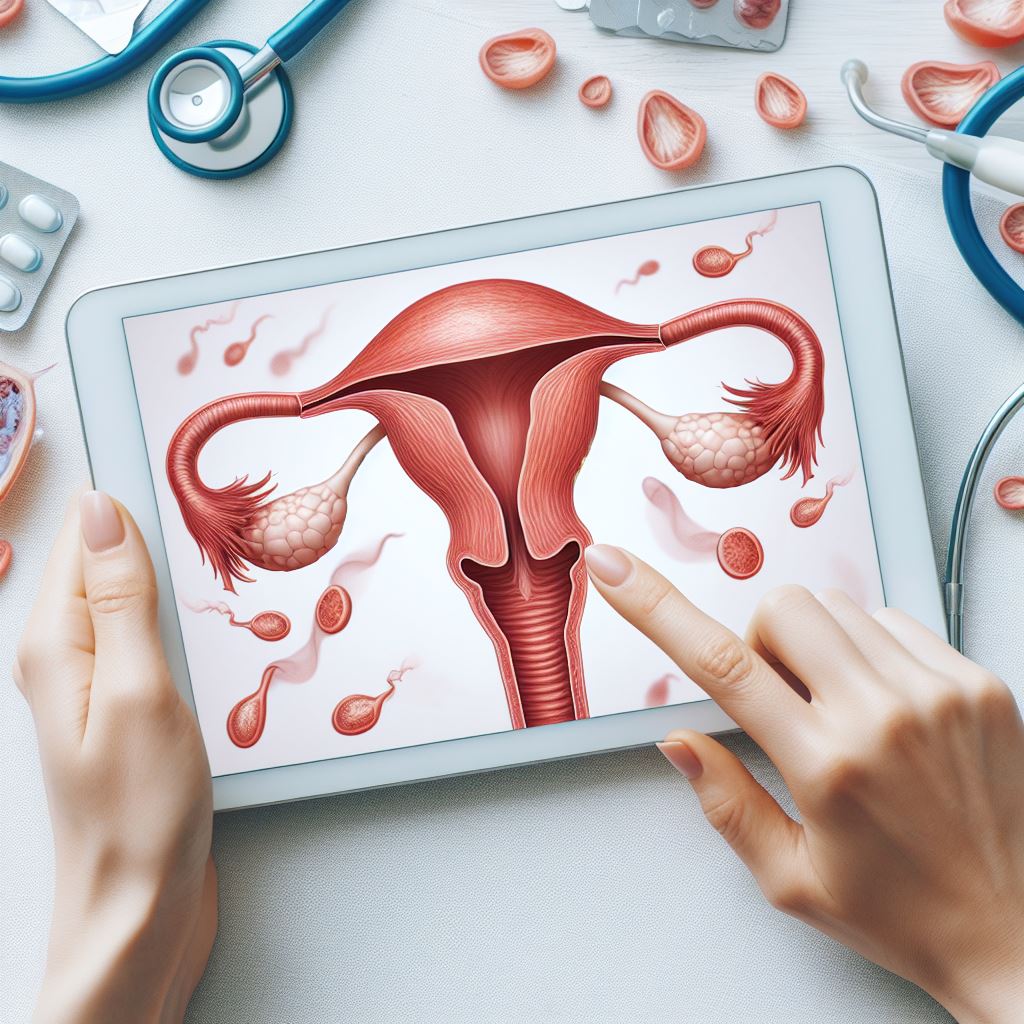Introduction
If you are a woman who is trying to conceive, you may wonder how your lifestyle choices can affect your chances of getting pregnant. You may have heard that smoking and drinking can harm your fertility, but how true is that? And what can you do to improve your reproductive health?
In this blog post, we will explore the effects of smoking and alcohol on female fertility, based on the latest scientific evidence. We will also give you some tips on how to quit or reduce these habits, and how to boost your fertility naturally.
Smoking and Fertility
Smoking is one of the most harmful habits for your health, and it can also have a negative impact on your fertility. According to the U.S. Food and Drug Administration (FDA), smoking can reduce your fertility by making it difficult to conceive, affecting your hormone production, and damaging your reproductive system1. Smoking can also harm the quality and quantity of your eggs, and increase the risk of miscarriage, ectopic pregnancy, and premature birth1.
Smoking can also affect your partner’s fertility, as it can lower his sperm count, motility, and morphology, and damage the DNA in his sperm1. This can reduce the chances of fertilization, implantation, and healthy embryo development. Smoking can also increase the risk of erectile dysfunction, which can make it harder to have intercourse1.
If you are a smoker and you want to improve your fertility, the best thing you can do is to quit as soon as possible. Quitting smoking can have immediate and long-term benefits for your health and your fertility. According to a study by the American Society for Reproductive Medicine (ASRM), women who quit smoking before trying to conceive had similar pregnancy rates as non-smokers, while women who continued to smoke had lower pregnancy rates2. Quitting smoking can also improve your partner’s sperm quality and function, and reduce the risk of complications during pregnancy and childbirth1.
If you need help to quit smoking, you can talk to your doctor, who can prescribe you medication, nicotine replacement therapy, or counseling. You can also join a support group, use online resources, or try alternative methods, such as acupuncture, hypnosis, or meditation. The important thing is to find a method that works for you and stick to it.
Alcohol and Fertility
Alcohol is another habit that can affect your fertility, especially if you drink excessively or binge drink. Alcohol can interfere with your ovulation, menstrual cycle, and hormone levels, which can make it harder to conceive3. Alcohol can also reduce the quality and quantity of your eggs, and increase the risk of miscarriage, birth defects, and fetal alcohol syndrome3.
The effects of alcohol on male fertility are less clear, but some studies have suggested that heavy drinking can decrease sperm quality and quantity, and increase the risk of DNA damage, chromosomal abnormalities, and sperm defects3. Alcohol can also affect the male sexual function, by causing erectile dysfunction, reduced libido, and impaired ejaculation3.
The amount of alcohol that is safe to consume when trying to conceive is not well established, as different studies have shown different results. Some studies have found that moderate drinking (one or two drinks per day) does not affect female fertility, while others have found that even low levels of alcohol can reduce the chances of conception3. Similarly, some studies have found that moderate drinking does not affect male fertility, while others have found that it can impair sperm quality and function3.
Therefore, the safest option is to avoid or limit alcohol intake when trying to conceive, both for you and your partner. According to the ASRM, women who are trying to conceive or who may be pregnant should abstain from alcohol, as there is no safe level of alcohol consumption during pregnancy4. Men who are trying to conceive should limit their alcohol intake to no more than two drinks per day, as higher amounts may affect their sperm quality and fertility4.
If you have trouble cutting down or quitting alcohol, you
seek professional help, such as a doctor, a therapist, or a counselor. You can also join a support group, use online resources, or try alternative methods, such as yoga, mindfulness, or herbal remedies. The important thing is to find a method that works for you and helps you cope with stress and cravings.
How to Boost Your Fertility Naturally
Besides quitting or reducing smoking and alcohol, there are other things you can do to improve your fertility naturally. Here are some tips that can help you and your partner prepare your body and mind for conception:
- Eat a balanced and nutritious diet, rich in fruits, vegetables, whole grains, lean proteins, healthy fats, and dairy products. Avoid processed foods, trans fats, added sugars, and artificial sweeteners, as they can affect your hormone balance and ovulation.
- Take a prenatal vitamin that contains folic acid, iron, calcium, and other essential nutrients for your reproductive health. Folic acid can prevent neural tube defects in your baby, and iron can prevent anemia and support blood circulation.
- Exercise regularly, but moderately. Physical activity can improve your blood flow, metabolism, mood, and energy levels, and help you maintain a healthy weight. However, too much or too intense exercise can disrupt your hormone balance and ovulation, and reduce your fertility.
- Manage your stress levels, as stress can affect your hormone production, ovulation, and implantation. Find healthy ways to cope with stress, such as meditation, breathing exercises, journaling, reading, listening to music, or talking to someone you trust.
- Track your ovulation and fertile window, which is the time when you are most likely to conceive. You can use various methods to track your ovulation, such as basal body temperature, cervical mucus, ovulation predictor kits, or fertility apps. Knowing your fertile window can help you time intercourse for optimal chances of conception.
- Avoid exposure to environmental toxins, such as pesticides, chemicals, radiation, and heavy metals, as they can affect your egg and sperm quality, and increase the risk of birth defects and miscarriage.
- Get enough sleep, as sleep can affect your hormone levels, immune system, and overall health. Aim for at least seven to eight hours of quality sleep per night, and avoid caffeine, alcohol, nicotine, and blue light before bedtime.
Conclusion
Smoking and alcohol can have a negative impact on your fertility, and quitting or reducing these habits can improve your chances of getting pregnant. However, quitting or reducing smoking and alcohol is not enough to ensure a healthy pregnancy and a healthy baby. You also need to adopt a healthy lifestyle, eat a balanced diet, exercise regularly, manage your stress, track your ovulation, avoid toxins, and get enough sleep. These tips can help you and your partner boost your fertility naturally, and prepare your body and mind for conception.
We hope you found this blog post informative and engaging. If you have any questions or comments, please feel free to contact Eileen.






